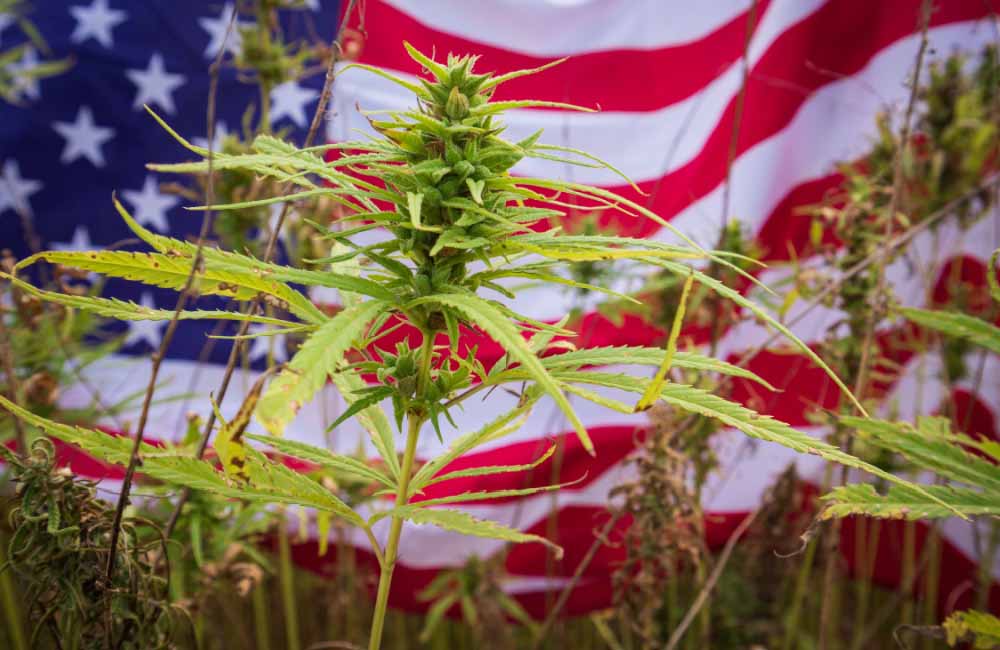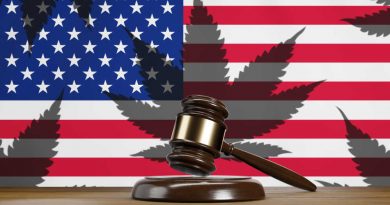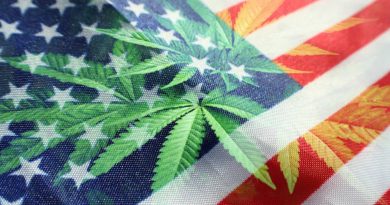Will Cannabis Rescheduling Really Lead to Reform?
Federal authorities are expected to decide in the coming months on cannabis rescheduling, changing its classification from Schedule I to Schedule III. It’s a move long anticipated by cannabis advocates who hope for increased research into its health effects, improved business opportunities and a reduction in cannabis-related incarcerations.
The Department of Health and Human Services’ August recommendation to remove marijuana’s Schedule I drug designation, typically reserved for the most dangerous substances, has stirred both optimism and skepticism among experts. While the proposal suggests progress, caution is advised regarding its potential impact.
The proposed reclassification under consideration by the Drug Enforcement Administration would place cannabis in Schedule III, aligning it with prescription drugs like anabolic steroids, ketamine and testosterone. This shift would move cannabis from under some of the regulations imposed on Schedule I substances such as heroin and LSD. A decision is expected in the first few months of 2024.
Cannabis Rescheduling is Really Just a First Step
Despite marijuana advocates viewing this proposal as a positive step forward, there is a segment that thinks it does not go far enough. Some argue for complete removal of cannabis from the scheduling system, equating its treatment to that of tobacco and alcohol, with an ultimate goal of federal legalization.
The act of rescheduling marijuana, if implemented, would represent a symbolic victory in the ongoing effort to normalize the drug’s status.
Paul Armentano, deputy director of the National Organization for the Reform of Marijuana Laws (NORML), told the Washington Post that the move would equate to federal acknowledgment of marijuana’s safety and effectiveness for therapeutic use. He noted that such recognition would mark a reversal of the government’s long-standing and public stance on cannabis.
However, Armentano emphasized the uncertainty surrounding the practical implications of this potential shift, highlighting the uncharted territory the nation would enter.
“A recognition from the federal government after all these years that marijuana is safe and effective as a therapeutic agent for patients is significant because obviously that would be a reversal of a very long-standing and very public position,” said Armentano, according to the Washington Post. “When it comes to the practical elements, I don’t think anyone knows because we have never gone down this road before.”
Why Cannabis Remains a Schedule I Drug
When a substance like marijuana is designated as a Schedule I drug, it implies that the federal government believes there is no accepted medical use for it and a high potential for abuse. According to federal law, the cultivation and possession of Schedule I drugs are prohibited, except for sanctioned research studies. The potential easing of restrictions on marijuana could have substantial implications.
A Schedule III designation for marijuana would signify that the drug has a moderate to low potential for both physical and psychological dependence. However, federal health officials have refrained from disclosing how they evaluated marijuana’s potential for abuse and dependence.
The complexity deepens when considering international obligations. Federal officials have previously stated that they are compelled to classify marijuana as a Schedule I or II substance under international treaties designed to combat drug trafficking by tightly controlling narcotics. This is one of the intricate issues that federal officials must navigate before deciding on whether to reschedule cannabis.




